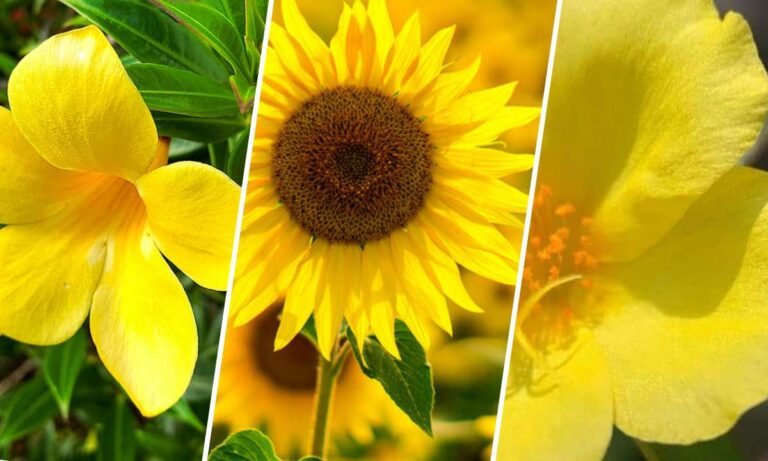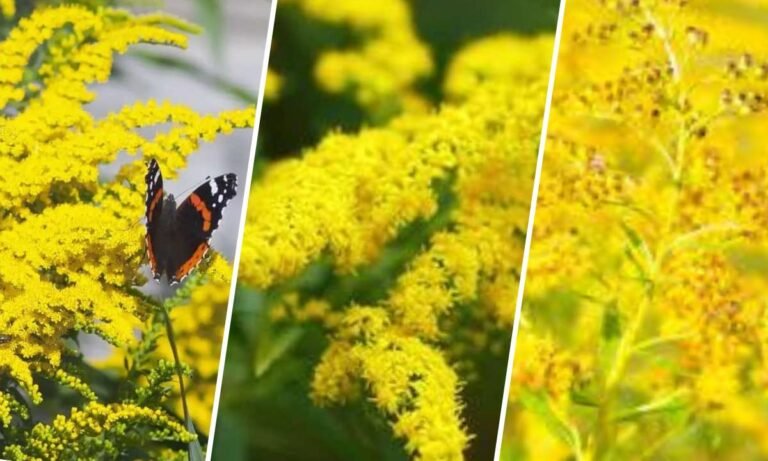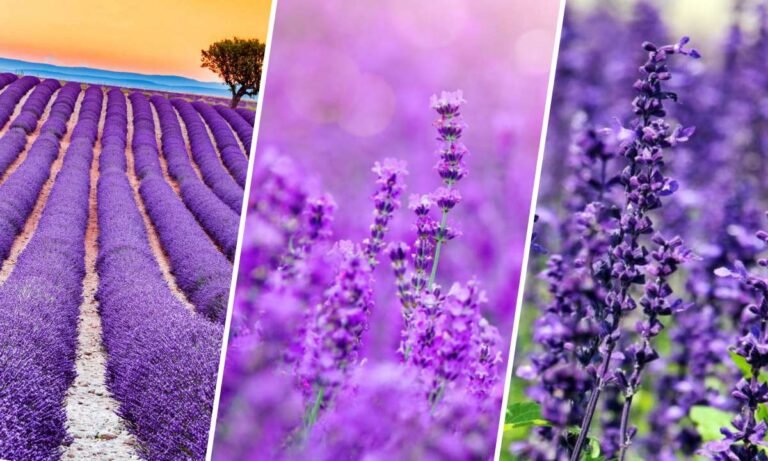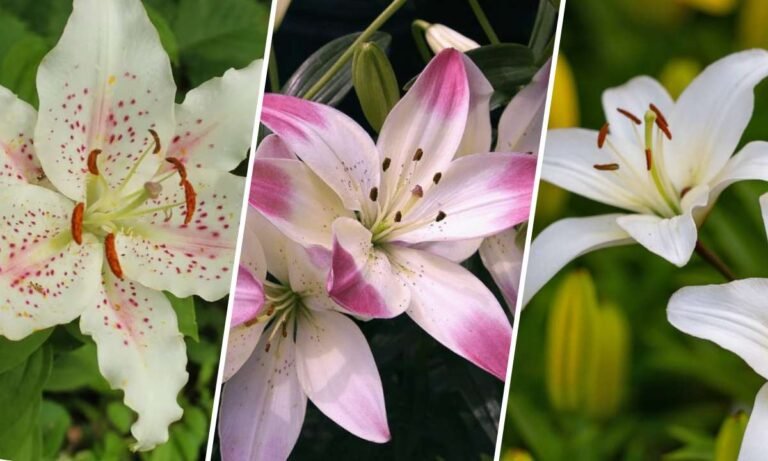The jasmine flower, known for its captivating fragrance and delicate beauty, holds special significance across various cultures and traditions. This exquisite bloom, with its star-shaped petals, has been cherished for centuries due to its deep meanings and symbolic importance. In this detailed exploration, we uncover the origins, symbolic meanings, historical context, different varieties, cultural roles, and practical care tips for jasmine, offering insights that are both captivating and informative.
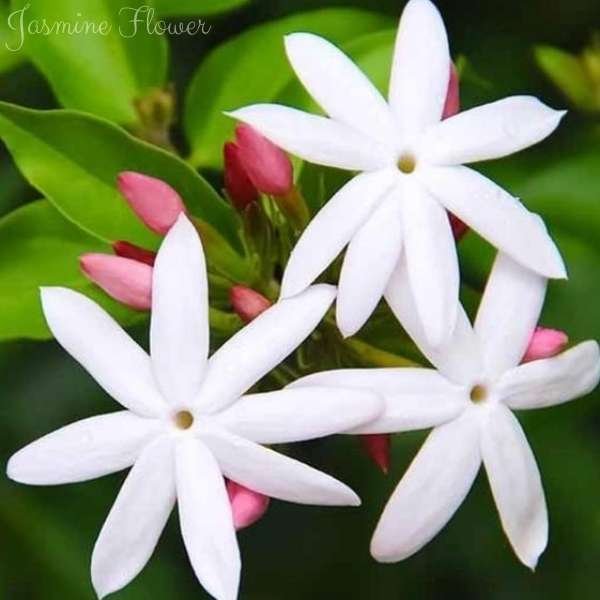
Origins and Meaning of the Jasmine Flower
The jasmine flower derives its name from the Persian word “yasmin,” meaning “gift from God.” This reflects its divine beauty and revered status in many cultures. Botanically known as Jasminum and belonging to the Oleaceae family, jasmine is native to tropical and subtropical regions like Asia, Africa, and the Mediterranean.
Symbolic Meanings
Love and Romance: Jasmine is widely associated with love and romance, its intoxicating scent symbolizing passion and allure in romantic relationships. It’s often used in weddings and bouquets to represent eternal love and sensuality.
Purity and Modesty: The white jasmine flower symbolizes purity and modesty, frequently used in religious ceremonies to signify spiritual purity and humility.
Beauty and Elegance: Jasmine also symbolizes beauty and elegance, its delicate structure and captivating fragrance making it popular in perfumes and cosmetics, symbolizing refined beauty and grace.
Historical Significance
Ancient Civilizations: Ancient Persians cherished jasmine for its fragrance, using it in gardens and as an ornamental plant. Its association with love and beauty made it a favorite among royalty.
Medieval Europe: Introduced to Europe during the Middle Ages, jasmine gained popularity for its scent and delicate blooms, widely used in gardens and herbal remedies.
Modern Usage: Today, jasmine remains celebrated globally for its beauty and fragrance, used in perfumes, teas, and decorations, continuing to enchant with its symbolism.
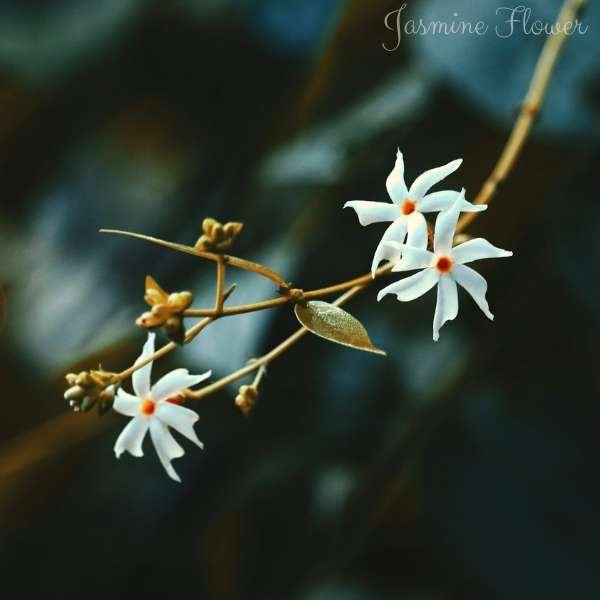
Varieties and Their Meanings
- Common Jasmine (Jasminum officinale): Known for its sweet fragrance, symbolizing love and sensuality with its profuse white blooms.
- Arabian Jasmine (Jasminum sambac): Popular in Asia, representing purity, humility, and eternal love, used in religious ceremonies.
- Winter Jasmine (Jasminum nudiflorum): Blooms in late winter, symbolizing hope and renewal with bright yellow flowers.
Cultural Significance
- Western Cultures: Jasmine signifies romance and beauty, used in weddings and perfumes to symbolize love and passion.
- Eastern Cultures: Holds spiritual and cultural importance, known as “queen of the night” in India and used in traditional medicine and ceremonies in China.
Growing and Caring for Jasmine
Jasmine is relatively easy to grow, thriving in well-drained soil and full sun to partial shade. Regular watering, pruning for shape, and vigilance against pests ensure healthy growth.
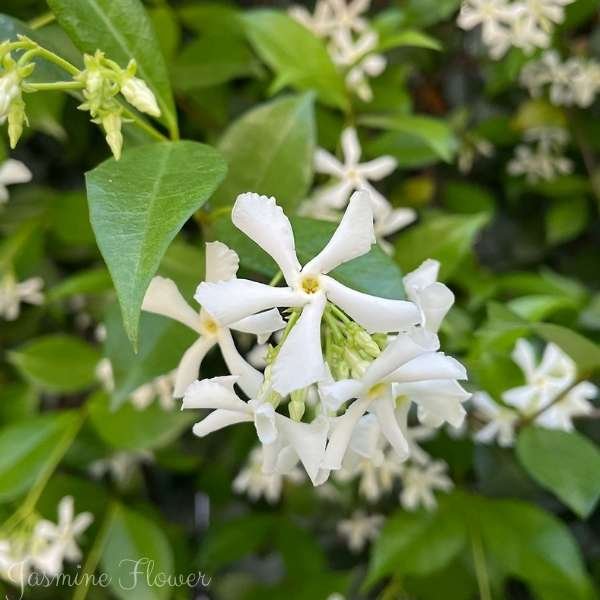
Conclusion
The jasmine flower embodies love, purity, and beauty, deeply rooted in history and cherished worldwide for its enduring symbolism. Whether you’re a gardener, a flower enthusiast, or someone who appreciates natural beauty, jasmine remains a timeless symbol that continues to inspire and delight.

